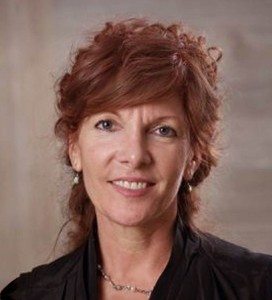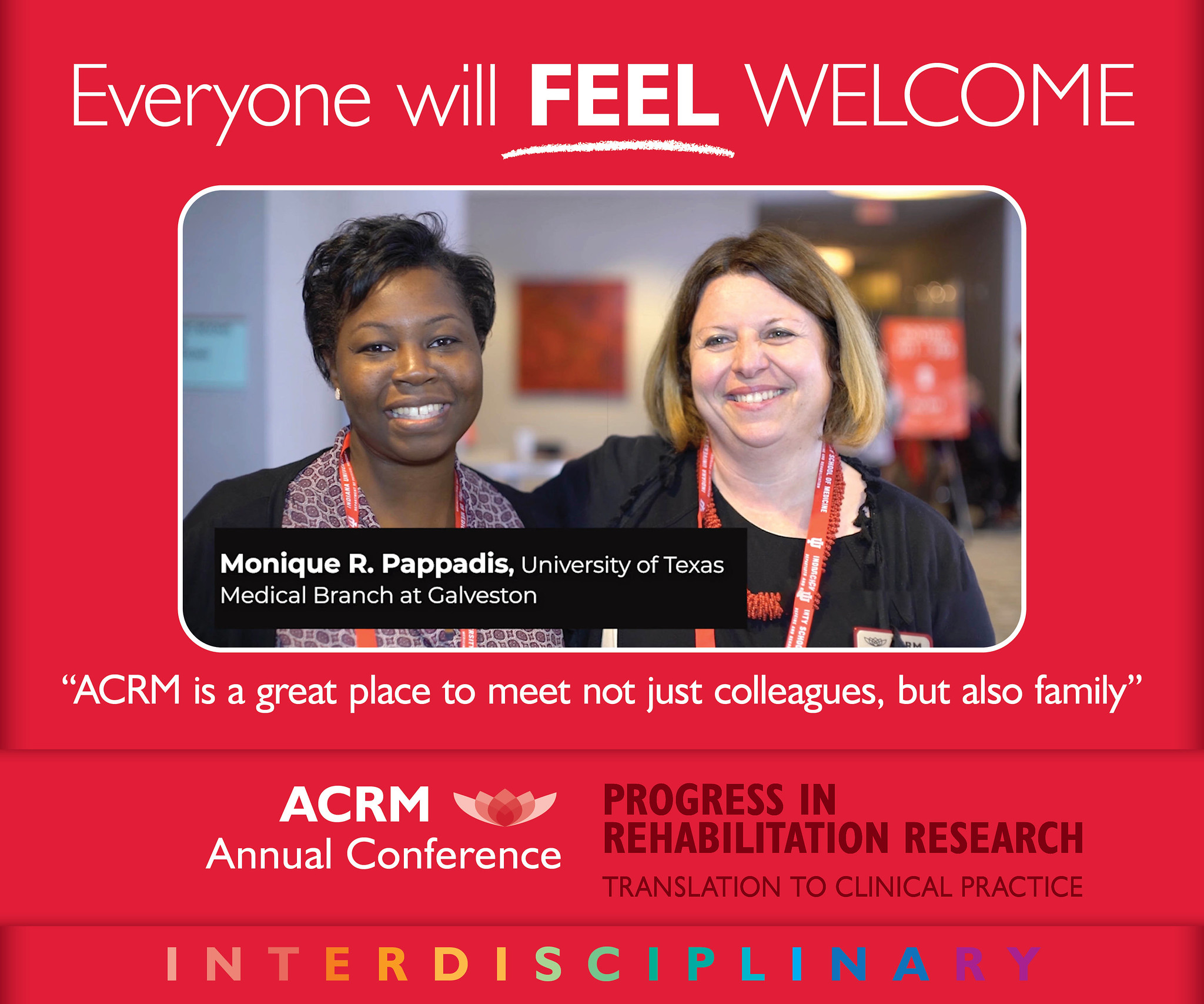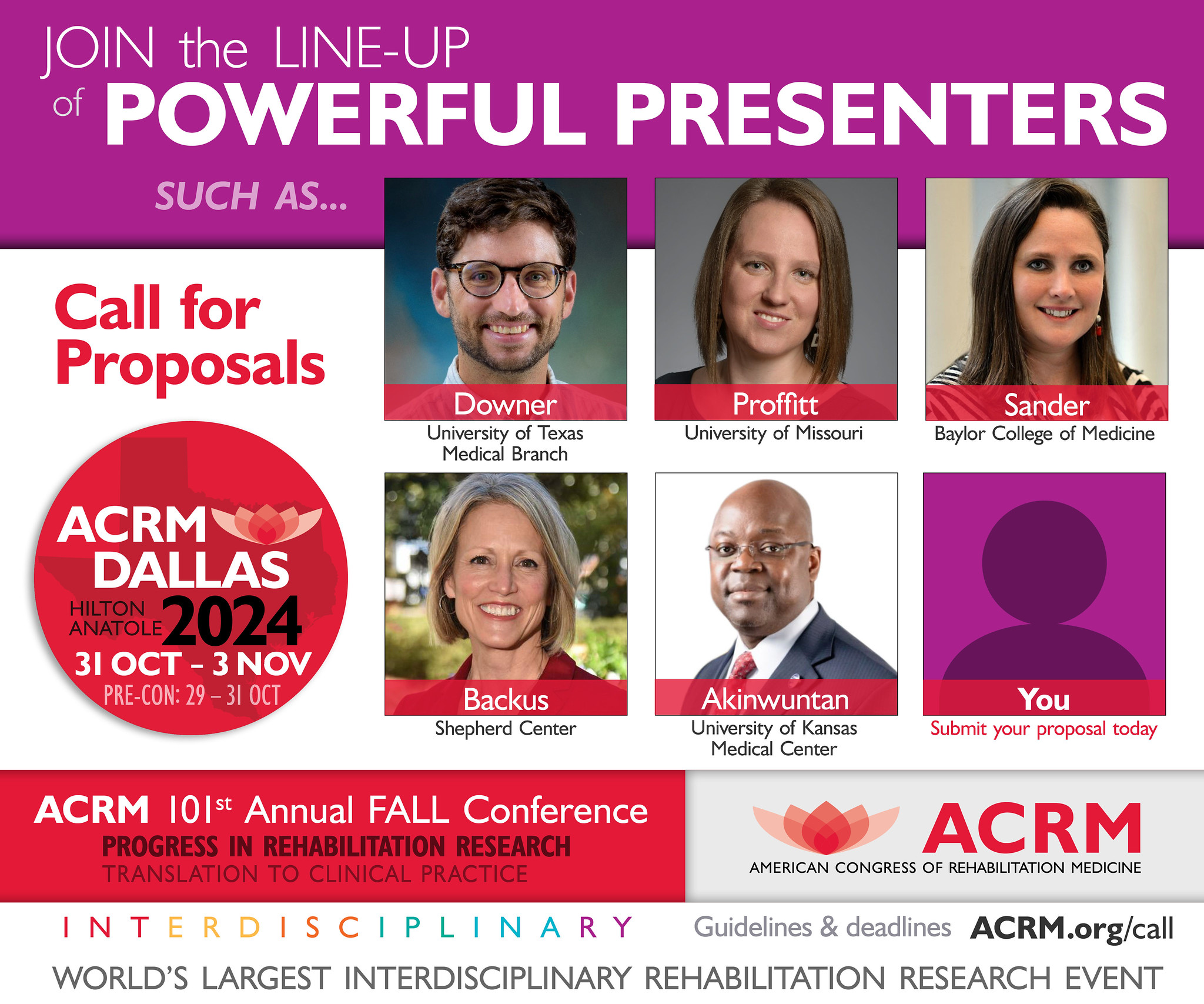Featured Sessions & Speakers
Opportunities & New Directions for Rehabilitation Research from Directors of NCMRR & NIDILRR
THU, 29 OCT // 14:00 – 15:00
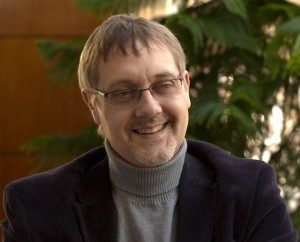
John Tschida, Director of NIDILRR
John Tschida, director of the National Institute on Disability, Independent Living, and Rehabilitation Research (NIDILRR), Administration for Community Living, US Department of Health and Human Services
Alison Cernich, PhD, director of the National Center for Medical Rehabilitation Research (NCMRR) at the Eunice Kennedy Shriver National Institute of Child Health and Human Development, National Institutes of Health
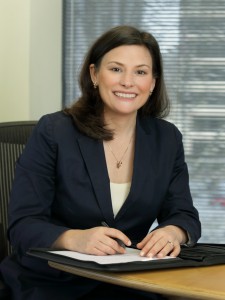
Alison Cernich, PhD, Director of NCMRR
Learn about emerging changes in health care policy and the current funding climate in Washington that may impact your research agenda and future access to rehabilitation services.
This presentation will focus on the current portfolio of rehabilitation research across NIH, the focus of research funded by NCMRR, and major advances from the portfolio over the past five years.
Opportunities for funding, mechanisms by which researchers can gain support for their research projects or training needs, and resources that may be of assistance to researchers in the field will be presented. Finally, the presentation will include an overview of the goals for rehabilitation research that will become part of a Rehabilitation Research Plan for the National Institutes of Health and the process by which inputs to that plan will be solicited.
While the transition from NIDRR to NIDILRR creates a world of opportunity, an environment of fiscal austerity and rapidly evolving health policy continues to present challenges. What does the future hold for individuals with disabilities, the rehabilitation research community, and the agencies that fund them?
“No other organization offers this rare opportunity to meet with and learn from the NCMRR Director about her vision for rehabilitation research. This will be an extraordinary event.” —Stephen Page, OTR/L, PhD, MS, FAHA, FACRM, The Ohio State University
“With all the changes in health care policy and resources, we are eager to hear from John Tschida, the new director of NIDILRR, about what’s new and what to expect for rehabilitation research funding priorities and resources in the future.” —Douglas Katz, MD, FACRM, FAAN, Braintree Rehabilitation Hospital
Sheldon Berrol Memorial Chautauqua #3162
WED, 28 OCT // 14:00 — 15:30
A Hands-On Look at Research Ethics Concerning Patients with Severe Traumatic Brain Injury and Disorders of Consciousness
Presenters: Joseph T. Giacino, PhD, FACRM; Lynne Brady Wagner, MA, CCC-SLP; Cecilia Carlowicz, BA
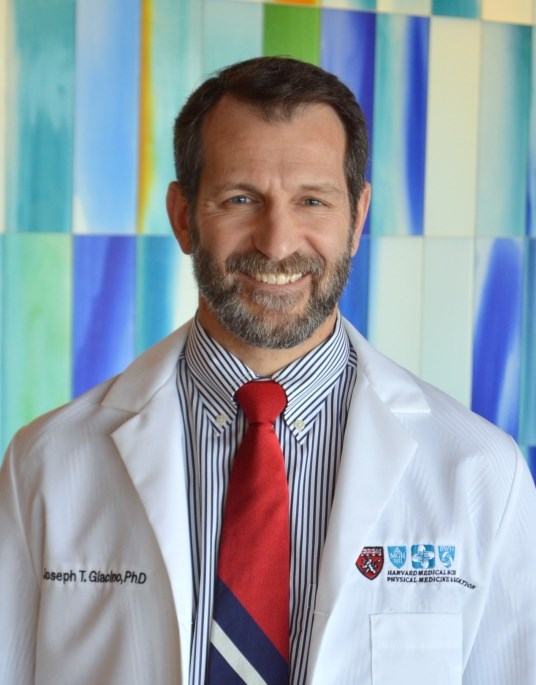 Joseph T. Giacino, PhD, FACRM, Spaulding Rehabilitation Hospital |
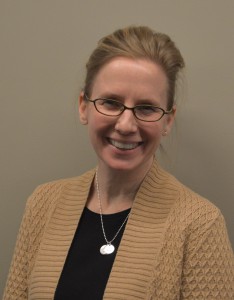 Lynne Brady Wagner, MA, CCC-SLP, Spaulding Rehabilitation Hospital |
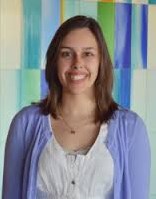 Cecilia Carlowicz, BA, Spaulding Rehabilitation Hospital |
Navigating the complex ethical issues surrounding traumatic brain injury (TBI) as providers is inevitably precarious, and priorities and values differ from person to person. In particular, issues frequently arise along the divide between clinical care and research. Providers in many different situations may be faced with a decision of whether to consider nascent research paradigms to guide treatment decisions.
This symposium will introduce participants to two vignettes concerning potentially controversial topics.
Excellence in Post Acute Stroke Award Lecture #4408
THU, 29 OCT // 11:00 – 12:15
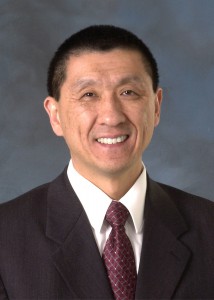
John Chae, MD, Case Western Reserve University
Co-sponsored by the ACRM STROKE ISIG and the National Stroke Association, the Excellence in Post Acute Stroke Award is the only one of its kind in the field.
The inaugural award recognizes the outstanding work of John Chae, MD and his contributions to stroke rehabilitation. He will present the award lecture, Stroke Award Lecture: Peripheral Nerve Stimulation for Hemiplegic Shoulder Pain #4408 on Thursday, 29 October during the ACRM 92nd Annual Conference.
This presentation describes the development of percutaneous and fully implantable peripheral nerve stimulation for the treatment of hemiplegic shoulder pain. The mechanism of action was initially thought to be the correction of glenohumeral biomechanics; however, emerging data suggest otherwise with modulation of central sensitization being the primary candidate mechanism. The implications of this revised mechanism on the management of chronic musculoskeletal pain in general are presented along with preliminary supporting evidence. Finally, the art and science of translational science are discussed in the context of the development and clinical implementation of this intervention.
Hot Topics in Stroke Rehabilitation: Aphasia Rehabilitation Research #4406
WED, 28 OCT // 14:00 – 15:15
Presenters: Leora R. Cherney, PhD, CCC-SLP, BC-ANCDS; Lisa Tabor Connor, PhD, MSOT; Marjorie Nicholas, PhD, CCC-SLP
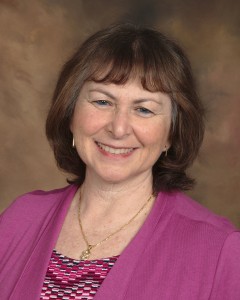 Leora Cherney, PhD, CCC-SLP, BC-ANCDS, Northwestern University, Feinberg School of Medicine |
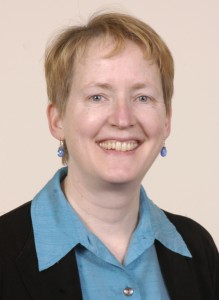 Marjorie Nicholas, PhD, CCC-SLP, MGH Institute of Health Professions |
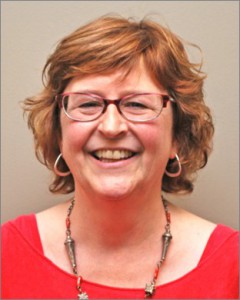 Lisa Tabor Connor, PhD, MSOT, MGH Institute of Health Professions |
Sponsored by the STROKE ISIG, this year’s Hot Topics in Stroke Rehabilitation will highlight three issues that impact scientific inquiry and clinical practice related to aphasia rehabilitation.
- We will define essential components contributing to “intensive” treatment and discuss difficulties in tracking treatment intensity for multistep or complex therapies.
- The importance of multidisciplinary collaboration that leverages the expertise of professionals trained in different fields, (e.g., speech-language pathology, cognitive neuropsychology, occupational therapy) will be discussed, highlighting the barriers and facilitators to their implementation in aphasia rehabilitation.
- We will discuss some of the reasons for the underrepresentation of persons with aphasia in stroke studies and provide recommendations for selection and administration of tools that can be used to screen for study eligibility and to measure outcomes.
NEW in 2015! Poster Grand Rounds
Join these moderated walking tours to review up to six of this year’s award winning posters in one 30-minute session. The authors of posters selected for each round will briefly lecture about key points of their studies and answer questions.
- Poster Grand Round #1006: WED 3:30 PM – 4:00 PM
- Poster Grand Round #1007: THU 2:15 PM – 2:45 PM
The Mark Ylvisaker Memorial Pediatric Brain Injury Symposium #4449
WED, 28 OCT // 10:45 – 12:00
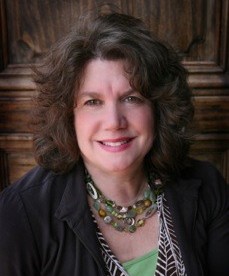 Juliet Haarbauer-Krupa |
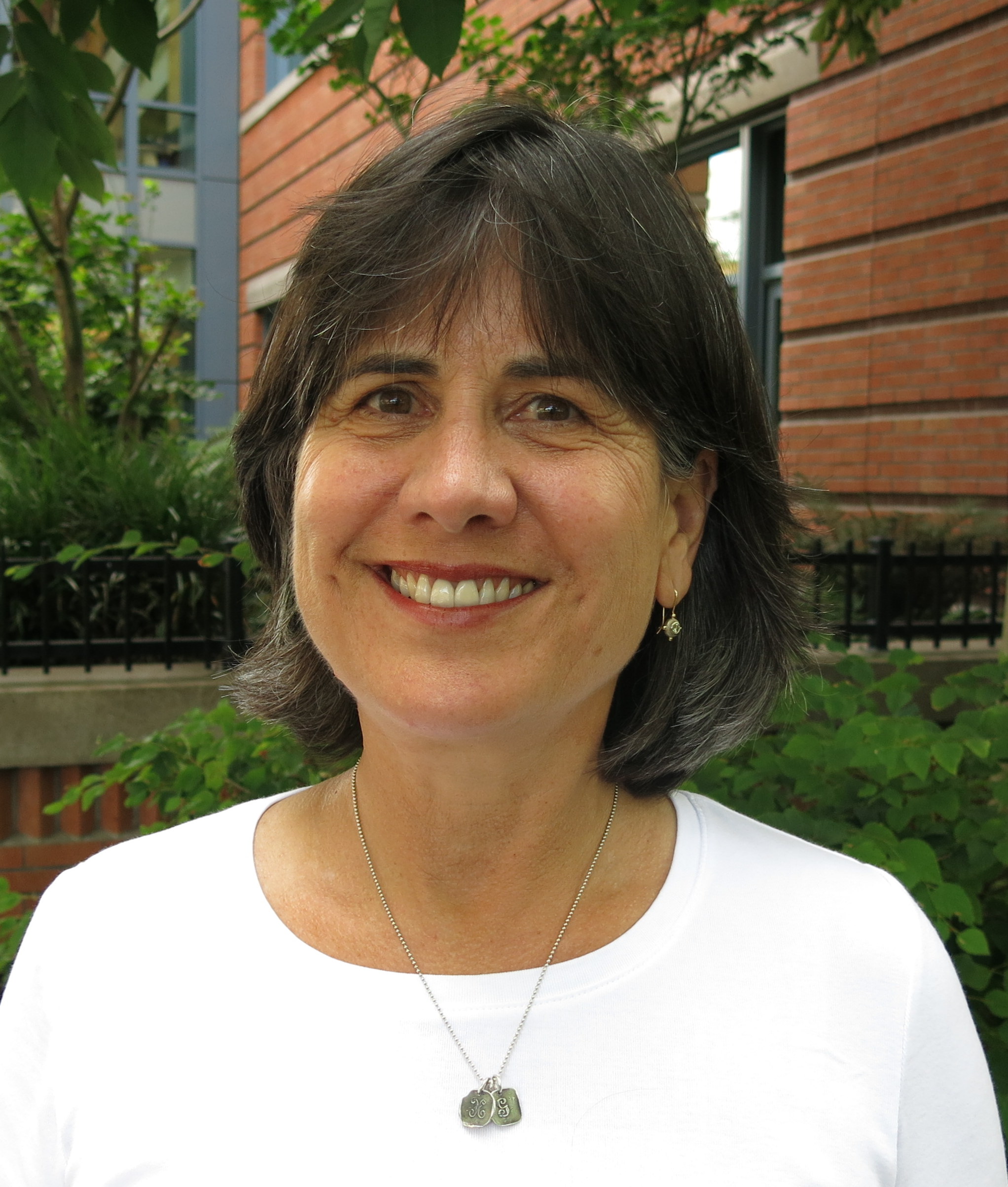 Ann Glang |
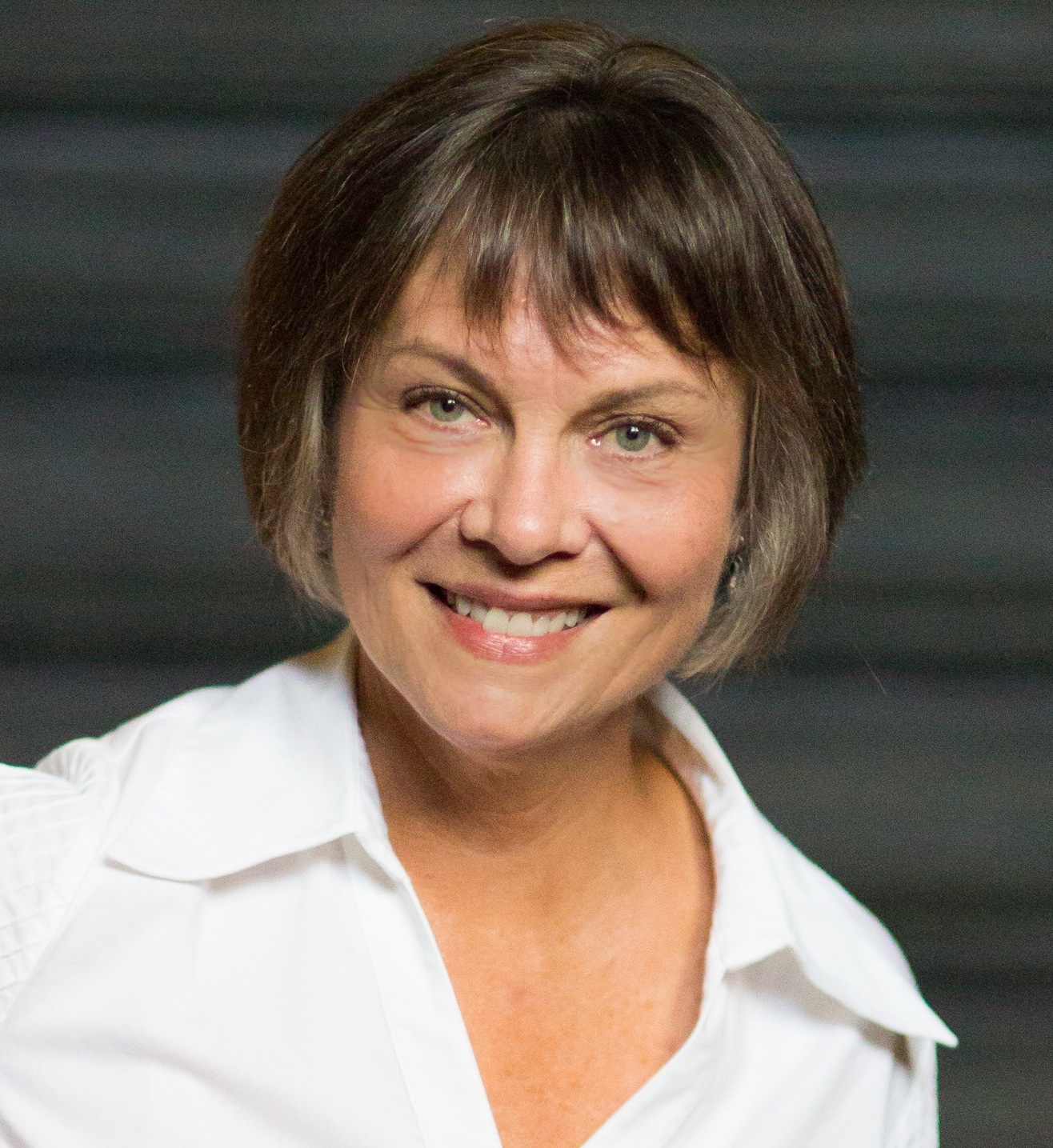 Mary Kennedy |
PRESENTERS: Juliet Haarbauer-Krupa, PhD; Ann Glang, PhD; Mary Kennedy, PhD
Mark was a pioneer in the field of pediatric brain injury whose work emphasized practical approaches in everyday activities with emphasis on collaborations. Mark passed away in 2009. We will continue his influence on the field of pediatric brain injury through an annual symposium that focuses on the values he emulated.
The goal of this symposium is to provide a forum for interaction on pediatric topic areas. In particular, focus will be on areas that Mark emphasized in his work following the mantra, “In the absence of meaningful engagement in chosen life activities, all interventions will ultimately fail.”
Symposium content will offer:
- Practical, real-world, everyday experiences that integrate cognition and language with a person’s environment.
- Innovative solutions and approaches to help children who sustain a TBI and their families become empowered.
- Exceptional collaborations, described by Mark as when “people are more than willing to blur professional boundaries, and respect one another and learn from one another, and address the cross disciplinary issues.”
Plenary Presentations
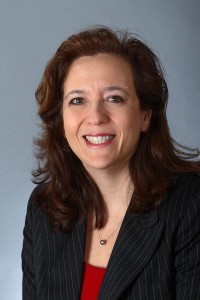
WED, 28 OCT // 8:15 – 10:15
PLENARY I: Helen Burstin, MD, MPH, FACP
The Healthcare Quality Landscape: Role of Rehabilitation Medicine #1001
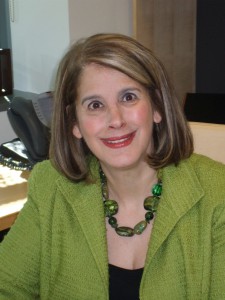
THU, 29 OCT // 15:00 – 16:00
PLENARY II: Denise Park, PhD
Maintaining Cognitive Well-Being With Age: The Role of Social and Cognitive Engagement #1003
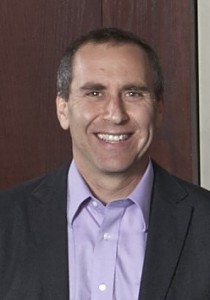
THU, 29 OCT // 8:15 – 9:15
PLENARY III: John Stanley Coulter Award Lecturer, Michael Boninger, MD
Neuroprosthetics to Wheelchairs: The Good, the Bad, and the Ugly of Assistive Technology #1002
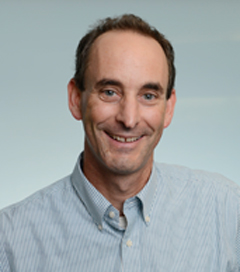
FRI, 30 OCT // 8:15 – 9:45
PLENARY IV: Marc Diamond, MD & Christopher Giza, MD
Novel Approaches to Examining Pathophysiology Associated With Neurodegenerative Diseases and Traumatic Brain Injury: Translation to Rehabilitation #1004
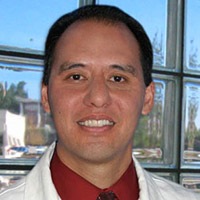
Educational Luncheons With Speakers
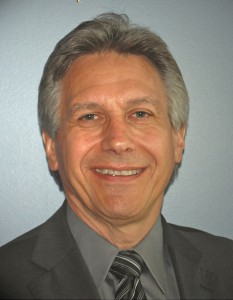
Randolph Nudo
WED, 28 OCT // 12:15 – 13:45
Neuroplasticity Group Luncheon With Speaker, Randolph J. Nudo, PhD
Zen and the Art of Brain Repair #1024
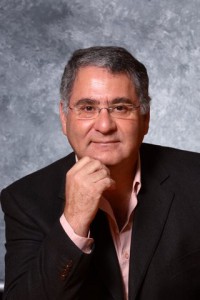
Eli Vakil, PhD
THU, 29 OCT // 12:30 – 14:00
Brucker International Luncheon With Speaker, Elik Vakil, PhD
Dissociation Between Memory Processes: The Contribution of Research on Memory Impairment Following Traumatic Brain Injury #1028
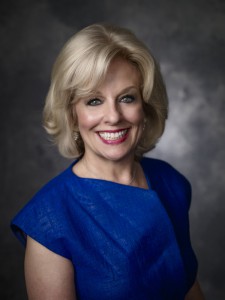
Sandra Bond Chapman, PhD
THU, 29 OCT // 12:30 – 14:00
Neurodegenerative Diseases Networking Group Luncheon With Speaker, Sandra Bond Chapman, PhD
Without BrainHealth, We do NOT have Health #1027
FRI, 30 OCT // 11:30 – 13:00
SCI-ISIG Luncheon With Speaker, Edelle Field-Fote, PhD, PT
Reactivate, Rewire, Restore: Challenging the Nervous System to Optimize Function after SCI #1039
See the complete 2015 faculty >>>
*Although significant changes are not anticipated, all schedules, sessions, and presenters posted on this website are subject to change.


